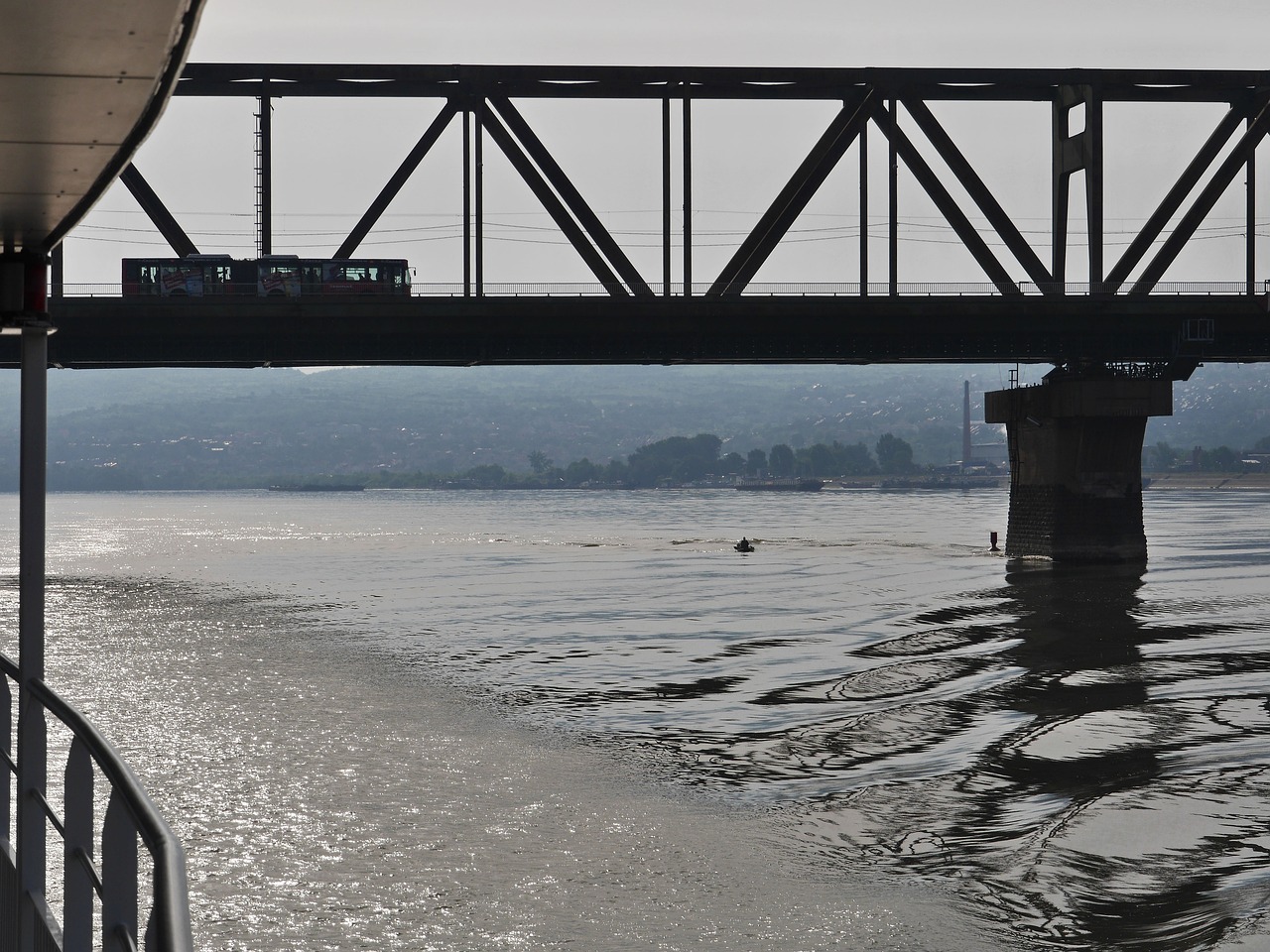Serbia Video
Coping with Power Outages: Being Prepared in Serbia
Power outages can be disruptive and inconvenient, but with proper preparation, you can minimize their impact on your daily life. In Serbia, power outages are not uncommon, especially during severe weather conditions or due to maintenance work. This article will provide you with essential information and practical tips on how to cope with power outages in Serbia.
Understanding Power Outages
Power outages occur when the supply of electricity to a specific area is interrupted. This can happen for various reasons, including severe storms, equipment failure, or scheduled maintenance. Power outages can range in duration from a few minutes to several hours or even days, depending on the cause and the efforts to restore power.
During a power outage, it’s important to stay calm and take necessary precautions to ensure your safety and well-being.
Preparing for Power Outages
Being prepared for a power outage can make a significant difference in how you cope with the situation. Here are some steps you can take to prepare:
- Create an Emergency Kit: Put together a kit that includes essential items such as flashlights, batteries, a battery-powered radio, a first aid kit, non-perishable food, and bottled water. Keep the kit in a readily accessible location.
- Backup Power Source: Consider investing in a backup power source like a generator or an uninterruptible power supply (UPS) to provide temporary power during an outage. Make sure to follow the manufacturer’s instructions for safe usage.
- Charge Electronic Devices: Keep your cell phone, laptops, and other electronic devices fully charged before a power outage. This will ensure you have communication and entertainment options during the outage.
- Identify Alternative Lighting: Have alternative lighting options available, such as candles, lanterns, or battery-powered lights. Make sure to use them safely and keep an eye on open flames.
- Stock Up on Supplies: Ensure you have an ample supply of necessary items like food, water, medications, and baby supplies to last for a few days in case of an extended power outage.
During a Power Outage
When a power outage occurs, it’s essential to prioritize safety and take certain measures to minimize any potential risks. Here’s what you should do during a power outage:
- Stay Calm: Remain calm and reassure others, especially children and elderly individuals, that everything will be okay. Panicking can make the situation more stressful.
- Use Flashlights: Avoid using candles as a primary source of lighting, as they pose a fire hazard. Instead, rely on flashlights or battery-powered lights.
- Preserve Food: Keep refrigerator and freezer doors closed as much as possible to maintain the cold temperature and preserve perishable food items.
- Unplug Appliances: Unplug sensitive electronic devices and appliances to protect them from power surges when the power is restored.
- Stay Warm or Cool: Depending on the weather conditions, dress appropriately to stay warm or cool. Use blankets or extra layers of clothing to keep warm during winter outages.
Reporting Power Outages
In Serbia, it’s important to report power outages promptly to the relevant authorities. This helps them identify the extent of the outage and prioritize restoration efforts. Here’s how you can report a power outage:
- Contact Your Electricity Provider: Keep the contact information of your electricity provider handy. Call their customer service hotline to report the outage and provide any relevant details.
- Check Online Portals: Many electricity providers have online portals or mobile applications where you can report outages and receive updates on restoration progress.
- Use Social Media: Some electricity providers may have active social media accounts where you can report outages or gather information about ongoing issues.
Dealing with Extended Power Outages
While most power outages are resolved within a few hours, some situations may lead to extended outages. If you find yourself in a prolonged power outage, consider the following:
- Seek Alternate Accommodation: If your home becomes uninhabitable due to extreme weather or other circumstances, consider seeking temporary accommodation with friends, family, or at a local shelter.
- Preserve Perishable Items: If the outage is expected to last for an extended period, you may need to dispose of perishable food items to prevent foodborne illnesses. Follow food safety guidelines and consider alternative food storage options if available.
- Stay Updated: Stay informed about the progress of power restoration efforts through official channels like your electricity provider’s website, social media accounts, local news, or radio updates.
Serbia Image 1:

Restoring Power
Restoring power during an outage is a complex process that involves identifying and rectifying the cause of the disruption. Electricity providers in Serbia work diligently to restore power as quickly and safely as possible. Factors such as the severity of the outage, the availability of resources, and the extent of damage can affect the restoration timeline.
It’s important to be patient and allow the professionals to do their work. Avoid interfering with any equipment or attempting repairs yourself, as it can be dangerous and may delay the restoration process.
Serbia Image 2:

After the Power is Restored
Once the power is restored, there are a few steps you can take to ensure a smooth transition back to normalcy:
- Check Appliances: Before reconnecting sensitive electronic devices, ensure that the power supply is stable. Check appliances for any damage or issues before using them.
- Restock Emergency Supplies: Replenish any items used from your emergency kit and ensure it is ready for future power outages.
- Reflect and Learn: Take a moment to reflect on your experience during the power outage. Identify any areas where you can improve your preparedness for future outages.
Serbia Image 3:

References
– www.elektroprivreda.rs
– www.mup.gov.rs
– www.serbia.travel
– www.redcross.org.rs
– www.weather.com
Please note that the information provided in this article is for general guidance purposes only. For specific advice and guidelines, it is recommended to consult with local authorities and relevant professionals.


